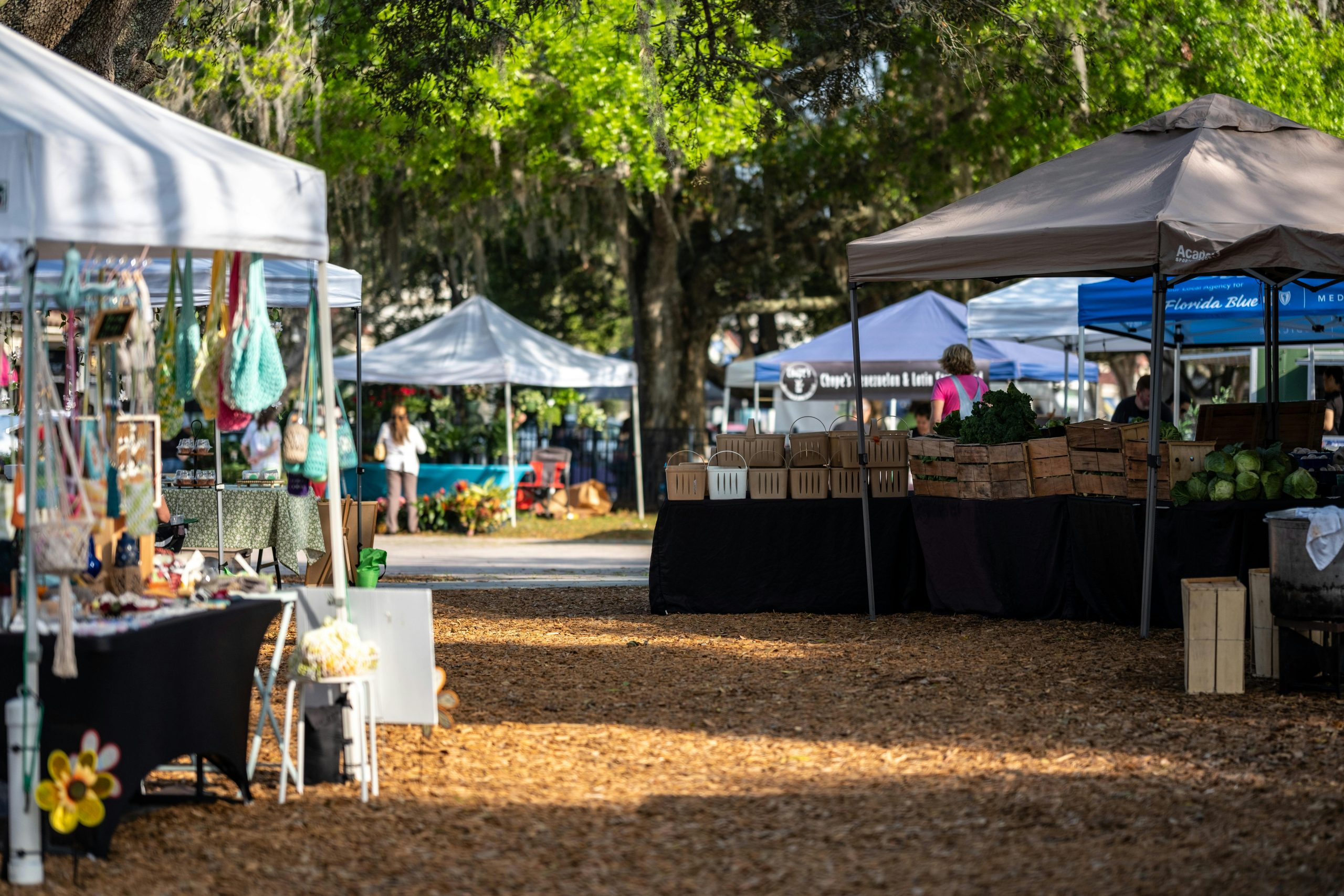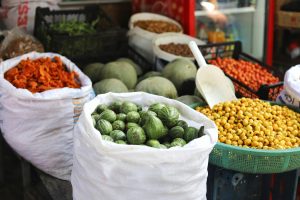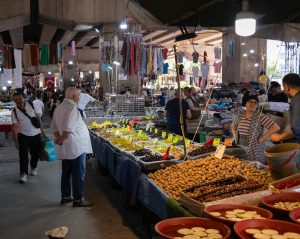Why Shoppers Are Returning To Flea Markets Happily
Flea markets have been around for centuries, bringing people from all walks of life together in the search for unique treasures. However, in recent years, with the rise of online shopping, many people turned away from these traditional marketplaces in favor of the convenience and ease of buying from their screens. Yet, despite the convenience, shoppers seem to be returning to flea markets with a newfound joy and excitement. What is causing this shift? In this article, we will explore the reasons why shoppers are happily returning to flea markets, reviving this beloved tradition.
The Thrill of the Hunt
One of the main reasons shoppers are returning to flea markets is the thrill of the hunt. In today’s digital age, where almost anything can be found and purchased online, the experience of finding a unique item in a physical marketplace is becoming increasingly rare. Flea markets are a haven for hidden gems and unexpected treasures, providing shoppers with a sense of thrill and excitement that cannot be replicated by online shopping. In a world where everything is accessible at the click of a button, the unpredictability of flea markets is a refreshing change.
Supporting Small Businesses
Another factor in the resurgence of flea markets is the desire to support small businesses. With the rise of big-box retailers and online shopping platforms dominated by major corporations, many shoppers are looking for ways to support local and small businesses. Flea markets offer a platform for small vendors and artisans to showcase their products and connect directly with customers. By purchasing from these vendors, shoppers not only get unique and handcrafted items, but they also contribute to the growth of their local community.
The Human Connection
In today’s fast-paced world, human connection is becoming increasingly rare. Flea markets provide a space for people to come together, share stories, and build relationships. Unlike online shopping, where there is minimal interaction between the buyer and seller, flea markets foster a sense of community and connection. Shoppers can meet the people behind the products, learn about their craft, and even negotiate prices, creating a personal and memorable shopping experience.
Finding Bargains and Saving Money
Let’s face it; everyone loves a good bargain. Flea markets are known for their affordable prices and the opportunity to find unique items at a fraction of their retail cost. In a world where everything seems to come with a hefty price tag, shoppers are drawn to flea markets for their budget-friendly options. From vintage clothing and second-hand items to handmade crafts and décor, flea markets offer a diverse range of products at affordable prices, making it an attractive option for shoppers looking to save money.
The Sustainability Factor
In recent years, there has been a growing awareness of the impact of consumption on the environment. As a result, many people are turning to sustainable and eco-friendly alternatives in their shopping habits. Flea markets not only offer a wide selection of second-hand items, reducing the need for new production, but they also provide a platform for small businesses and artisans who often prioritize sustainable and ethical practices. By shopping at flea markets, individuals can make a conscious effort to reduce their carbon footprint and support sustainable practices.
Conclusion
Flea markets are more than just a shopping destination; they are a cultural experience. As shoppers continue to prioritize unique and personal experiences, flea markets are making a comeback. With their thrill of the hunt, support for small businesses, human connection, budget-friendly options, and sustainability factor, it’s no wonder why shoppers are happily returning to these traditional marketplaces. So the next time you’re in need of a little retail therapy, consider stepping away from your screen and taking a trip to your local flea market. You may just find your next favorite treasure and a newfound appreciation for this beloved tradition.










